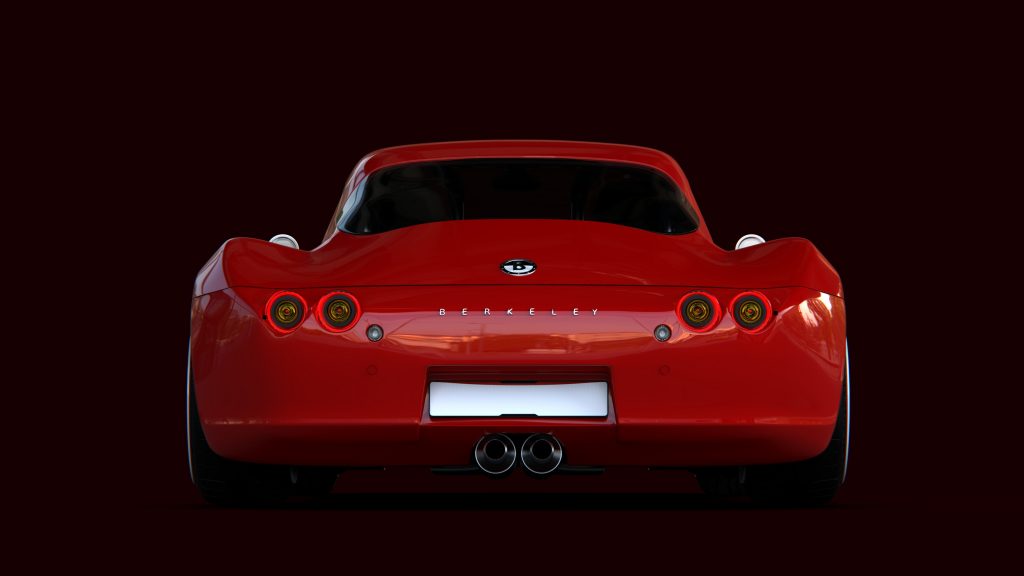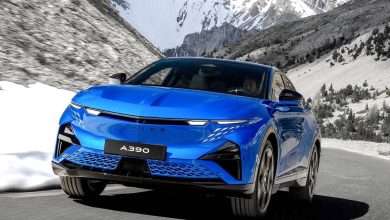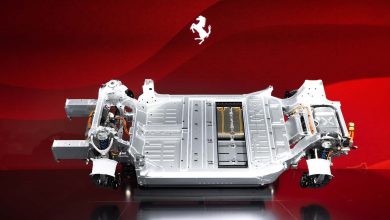Berkeley Returns With An All-New Plant-Based Sports Car

British automaker Berkeley returns after a 60 year absence with a new Bandit sports car.
In recent times, it would seem that many defunct sports car marques from the pages of history are getting a second chance in the 21st century.
De Tomaso is supposedly back, as apparently is TVR. Most recently too, Berkeley has announced its return with its new Bandit sports car.
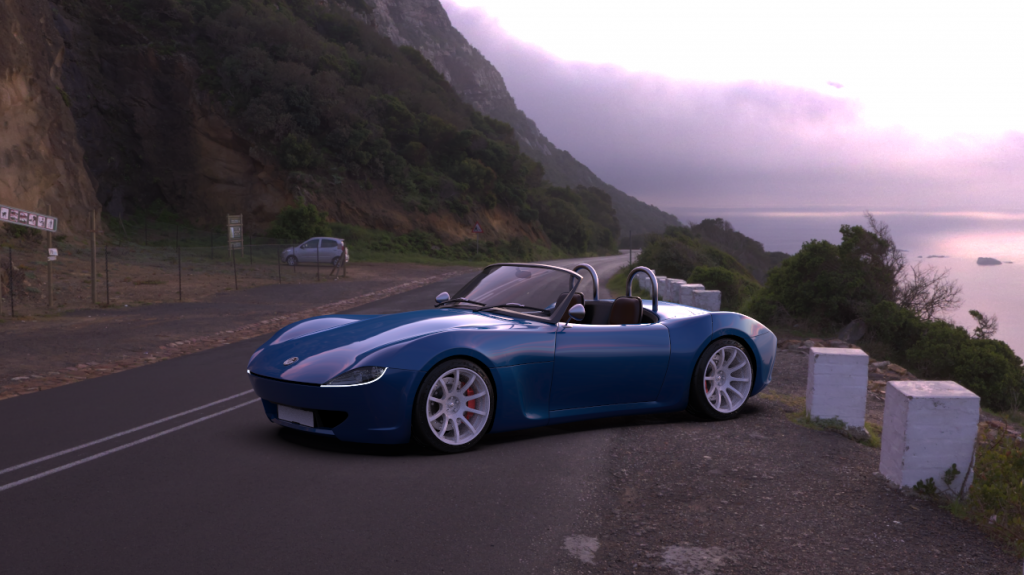
At this point, the question that is probably on everyone’s mind is: Berkeley? Well to the vast majority of people who have not heard of Berkeley, it is a Biggleswade-based automaker established post-WW2 that specialised in micro sports cars with motorcycle engines.
Surprisingly, this British microcar marque did quite well in the during the British microcar boom in the 50s. Sadly (but predictably) however, like nearly all of the British microcar manufacturers, things soon went south for Berkeley in the 1960s, and the company was liquidated mid-way through its attempt to launch its first mainstream sports car to save the failing brand.
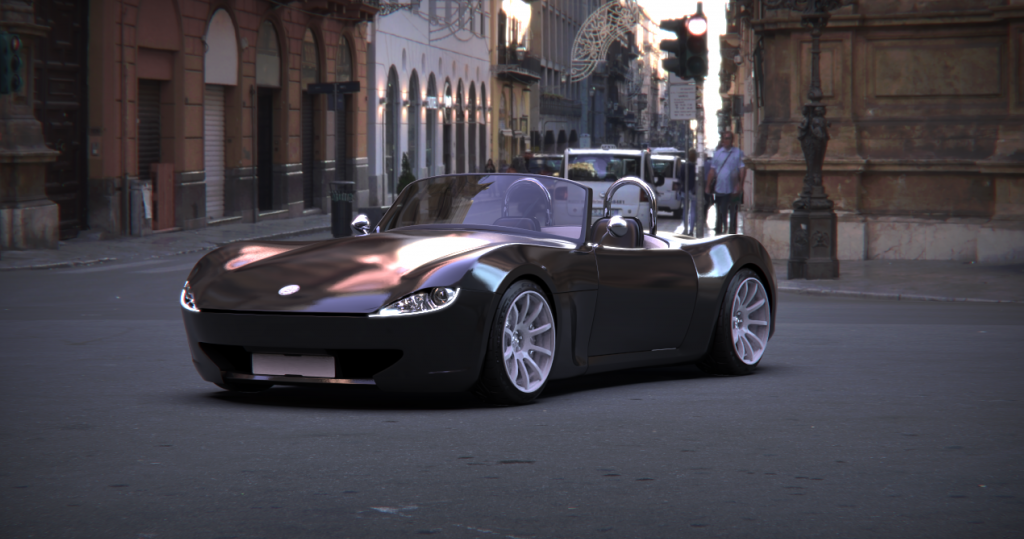
This two-seat roadster, known as the Bandit, was supposedly the lifeline of the company. Developed with the help of Ford, it was relatively advanced for the time, featuring independent rear suspension and disk brakes. These fancy features however just pushed the cost of development over the top, and thus only two prototypes were produced before the entire company went belly up.
Having said that, after a gap of 60 years, both the Bandit and Berkeley nameplate is set to make a comeback in the near future, thanks to former aviation and automotive designer Martin Rees and motorsport engineer Simon Scleater. Supposedly launching in early April next year, this new Bandit is set to be a lightweight, high performance sports car which supposedly ‘continues the spirit of the brand, but adds a modern twist underpinned by sustainable technology’.
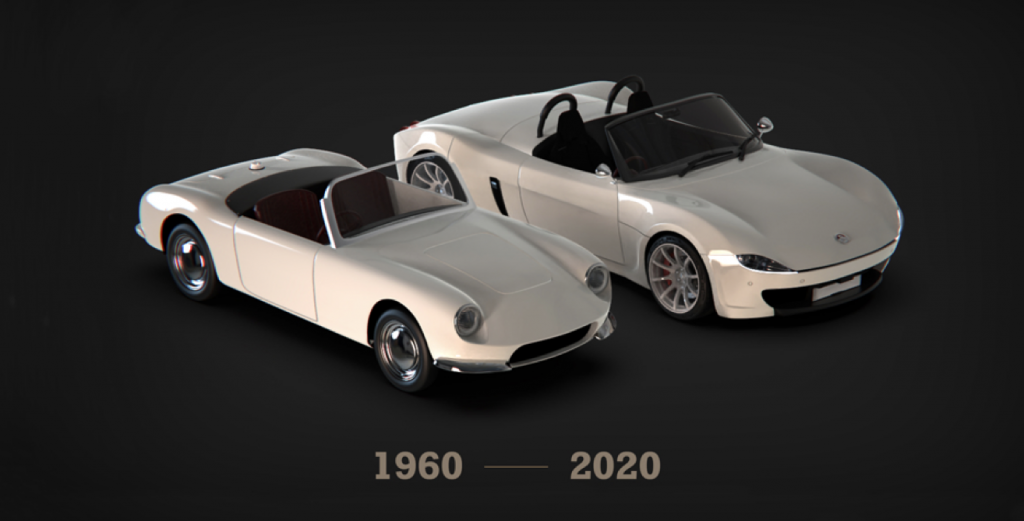
To that end, in terms of harking back to the good old days of Berkeley, this new Bandit is set to feature a composite chassis. Much like what was first seen on the Berkeley SA322 launched in 1956, which incidentally the first composite production car.
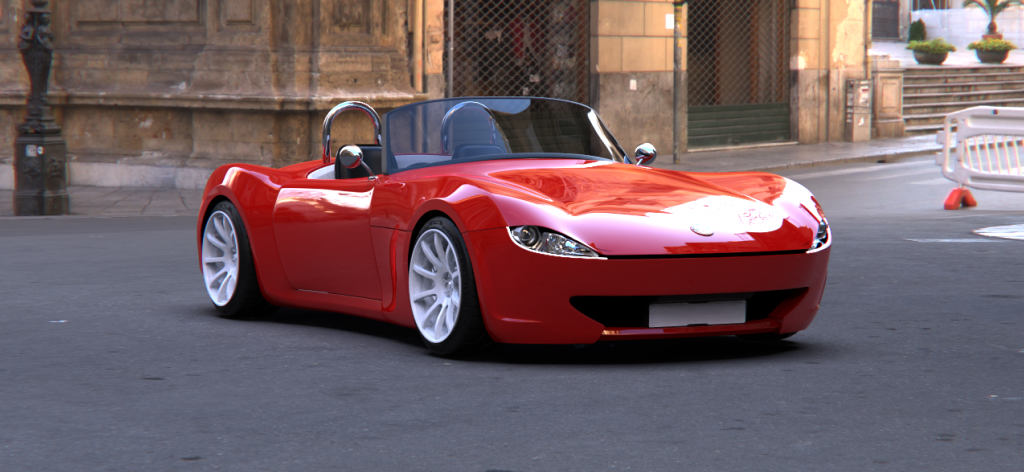
Though unlike its predecessor, this modern Berkeley’s bio-chassis won’t be using any fibreglass, nor will it be using any of those modern carbon fibre stuff. Instead this composite chassis will be made from flax, with sticky tree resin used in place of chemical resin, hence its plant-based origins.
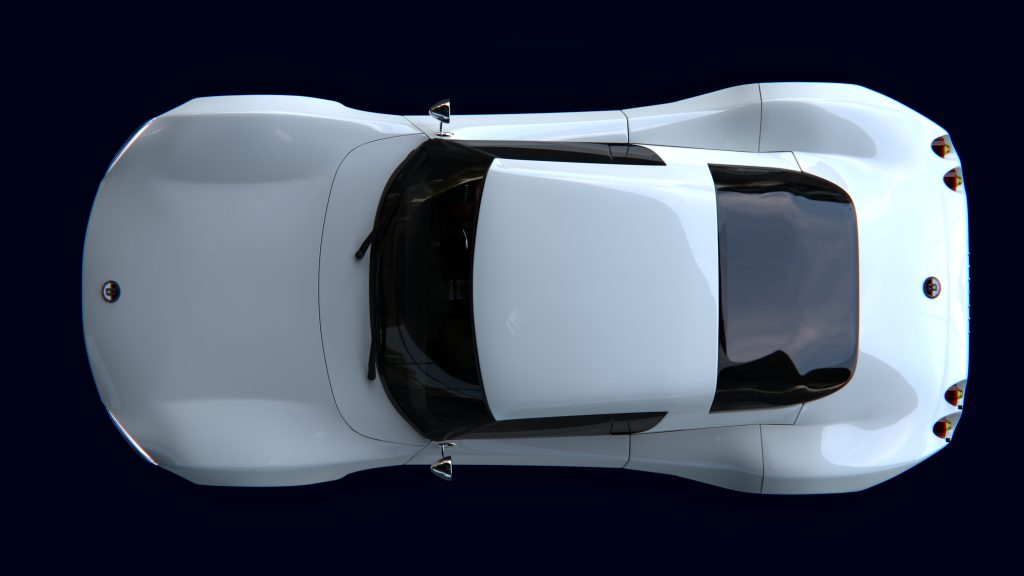
Continuing on this eco theme, the Berkeley Coachworks team has intended for this bio-chassis not only to house a range of presumably Ford-derived internal combustion engines in the middle, but also allow for four-wheel drive electric propulsion that is said to be fed either by batteries, or perhaps even hydrogen fuel cells.
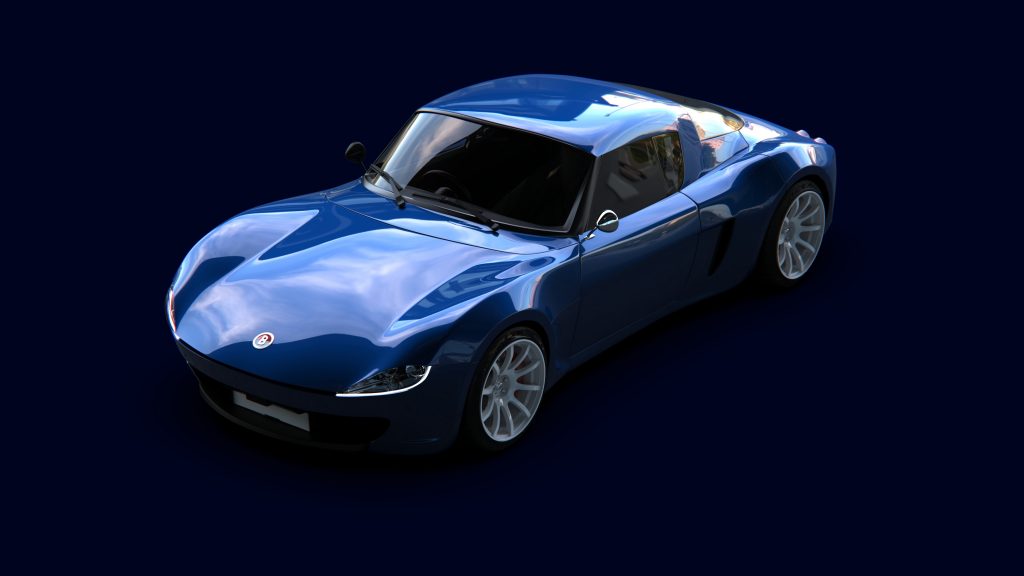
Moving onto the design, the exterior styling of the Bandit is takes on an equally modern flair, in-keeping with the futuristic internals within. Clothed by a young Lithuanian designer named Vladas Trakselis, renderings of the Bandit show it to blend both the modern design touches of the current age, while still maintaining some connection to its original design first seen more than half a century ago.
Available in coupe GT form or in roofless Roadster trim, sixty of these Berkeley Bandits will apparently be produced at the same aerodrome site in Bigglesworth where the automaker was originally based. Prices of one of these British sports cars are estimated to cost between £40,000 (RM 216,000) to £60,000 (RM 325,000), as there alleges to be a plethora of bespoke options for this limited run car.
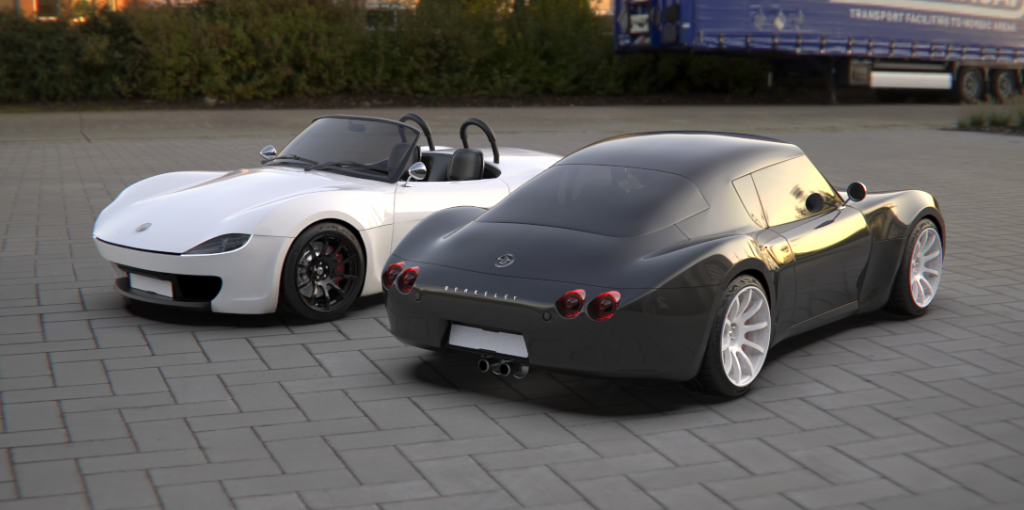
Nevertheless, much like the other aforementioned once-defunct automakers that have seemingly risen from the grave recently, it still does remain to be seen if any real Bandits actually come to life in the near future. Or will it suffer the same fate as what has befallen the original Bandit and languish again as yet another prototype, or in this case a series of computer renderings.
